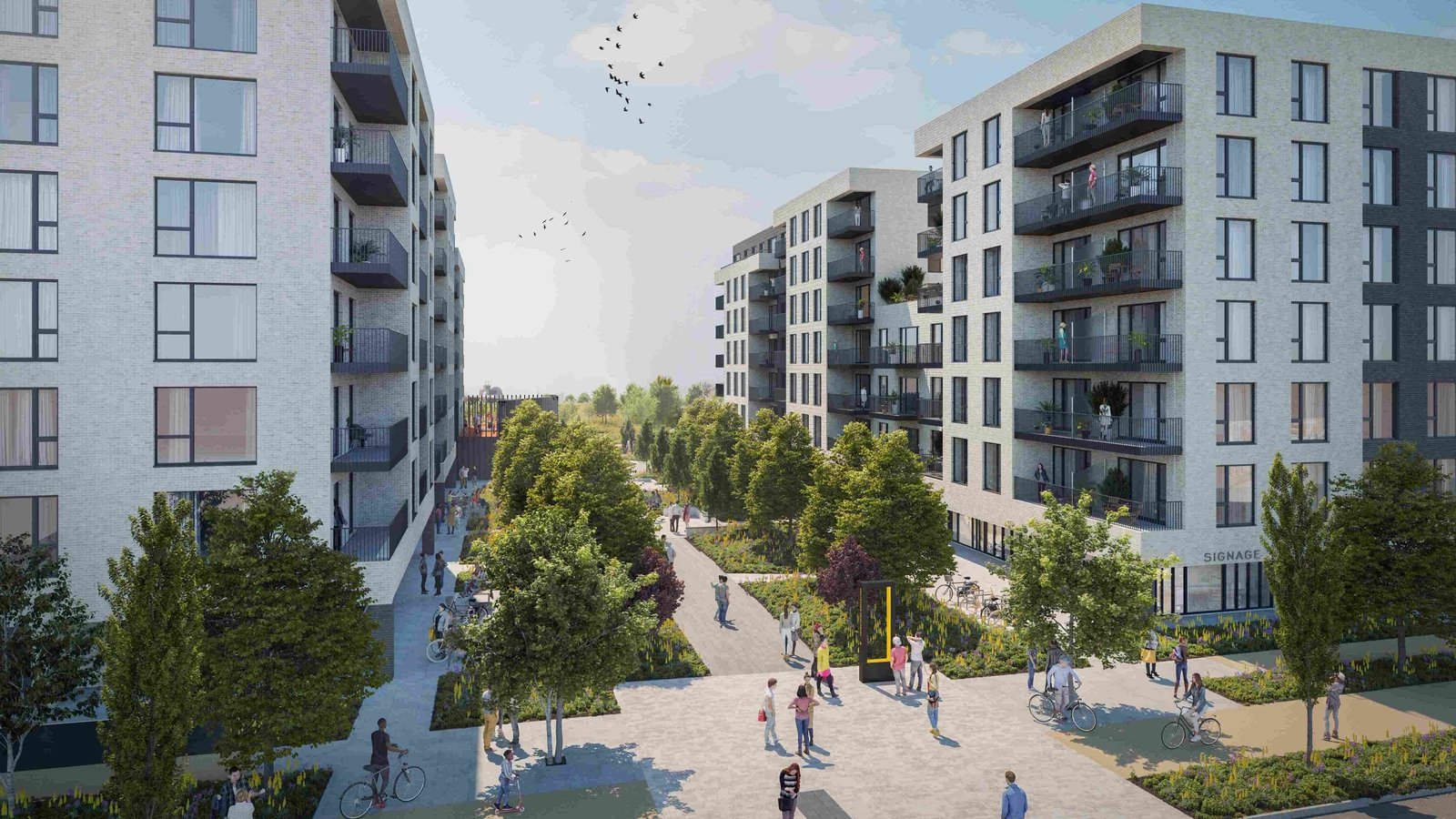Passive homes could become the standard for new builds in Ireland, according to Cairn Homes.
The home builder has today published a position paper on passive housing, which is an energy-efficient construction that has little or no need for a heating system.
“A passive home is a home that’s constructed in a slightly different way to the way that we have been doing,” said Stephen O’Shea, Cairn Homes’ head of sustainable construction . “As a result it performs more efficiently, it’s healthier for the residents and it saves them money in the long-term.”
Cairn is currently building 598 apartments at Pipers’ Square at Charlestown in Finglas, Dublin 11, which is says is Europe’s largest passive home development.
It is also building passive homes at developments in nearby Santry and Clonburris in west Dublin.
Mr O’Shea said that there have been additional costs and challenges in the initial stages of this new process, but the company was confident that they could mitigate these over time.
He said that a passive certification did offer added value to buyers and tenants due to the cost savings they would enjoy over time, however initially Cairn was not looking to reflect that in the up-front price.
Instead, the company saw a move towards passive building as an important step in its aim of decarbonising the business.
“We have set science-based targets for decarbonisation,” he said. “There are two big chunks to our carbon footprint, one is the embodied carbon, which is the carbon involved in the materials that go into the makings of the buildings, the second is the operational carbon, which is the energy in use in these homes for 60 years after they’re built.”
We need your consent to load this rte-player contentWe use rte-player to manage extra content that can set cookies on your device and collect data about your activity. Please review their details and accept them to load the content.Manage Preferences
Mr O’Shea said that, in order to decarbonise its emodied carbon the company would need to entirely overhaul its supply chain.
As a result, while the move to passive building did require work, it was the more practical way of reducing Cairn’s carbon footprint.
“With the existing skills of the Irish construction workforce, with a few small tweaks, we can make significant impacts on the operational carbon side of things,” Mr O’Shea said.
“We’re entirely reliant on our supply chain,” he said. “They are the people who help up to put the buildings together, so we need everybody on board for this effort.”
Earlier this month Cairn Homes said its had sold 894 homes in the first six months of the year, while its closed and forward order book has increased to 3,450 new homes.

